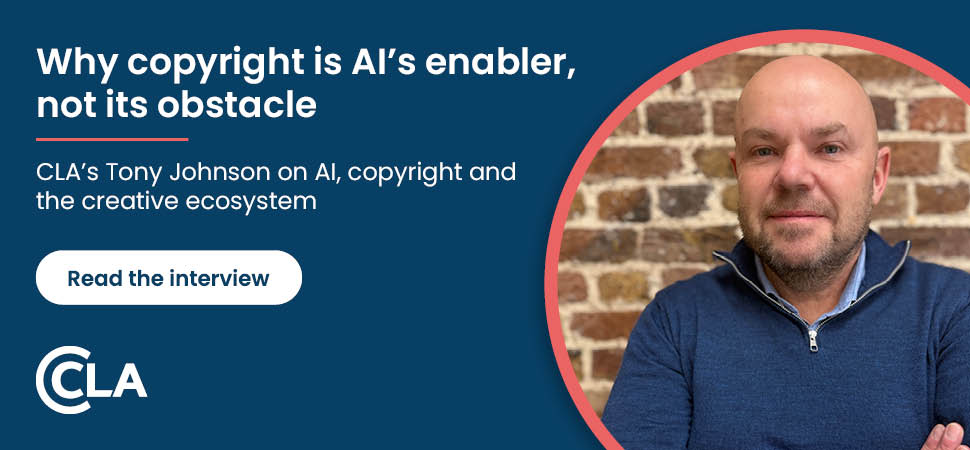In an exclusive interview with The Executive Magazine, professional boxer and philanthropist Ramla Ali shares her inspiring journey from breaking barriers in the world of sports to becoming the first Muslim woman to win an English boxing title. Ali reflects on the challenges she faced in a male-dominated industry, her entrepreneurial efforts through the Ramla Ali Sisters Club, and her groundbreaking partnership with SIRO. She discusses the importance of representation, inclusivity, and the need for systemic change, while offering valuable insights into leadership and the business of sports. Looking ahead, Ali reveals exciting projects on the horizon, including a biopic and further expansion of her charitable work.
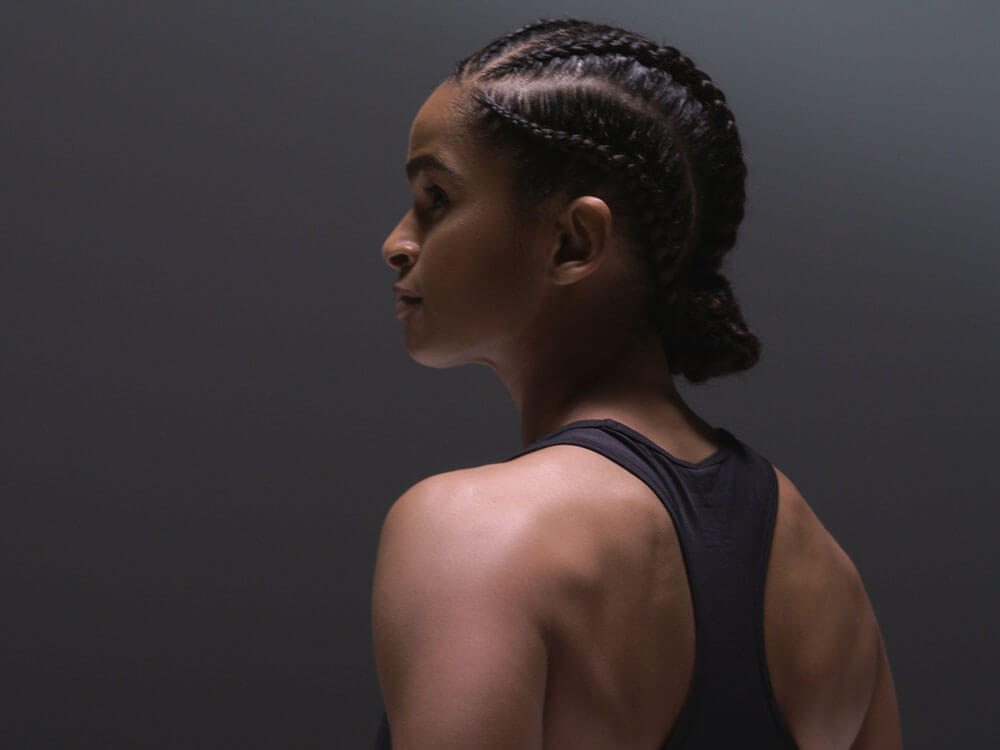
You’ve had a remarkable journey from boxing in Somalia to becoming the first Muslim woman to win an English title, and now stepping into your role as a key ambassador for SIRO. What motivated you to venture into professional boxing and how did you navigate the early challenges in a male-dominated sport?
“My motivation has always been to break down barriers and inspire the next generation. I knew the path I would be taking would mean struggling financially and having to self fund my whole Olympic boxing experience, especially in comparison to other athletes and nations, or trying to convince broadcasters and promoters in professional boxing to market and promote me. Something I still see today in the sports industry is how both gender and race plays a huge factor, you’re treated differently, and until we have representation in boardrooms we will forever be swimming upstream. Although I have faced challenges and battles with executives I always knew that regardless of the outcome of my career or how I progressed, those that followed would hopefully have it a little easier as a result of my journey and for that I wouldn’t have changed something (as small as it is) in the industry.”
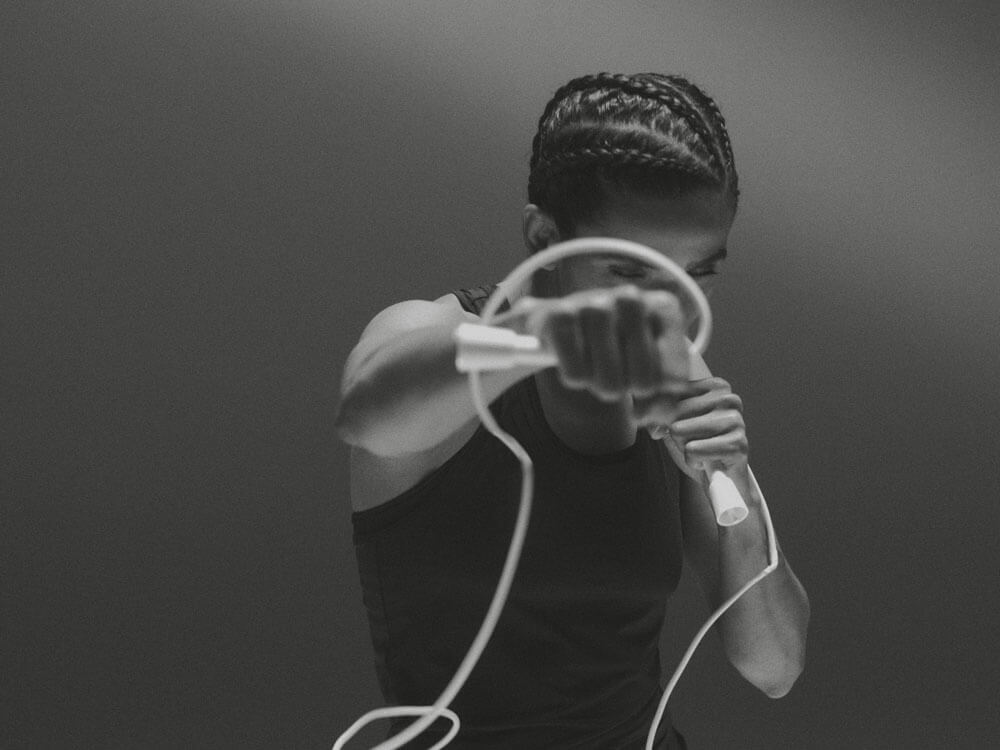
Your ‘Ramla Ali Sisters Club’ is a testament to your commitment to inclusivity and empowerment. Can you elaborate on the strategic vision behind this initiative and how it has impacted the broader community?
“In 2018 I wanted to create a community and safe space that didn’t exist for me when I was growing up. I looked at my older sisters who are hijab wearing ethnic monitories and I thought to myself that these are the forgotten women of our society when it comes to opportunities and access to sport. Especially as they enter their older years and have families, but also still have huge ambitions to be active, to stay connected with communities and support groups and so the Sisters Club was born.
“It started as a once a week free boxing class to teach women of ethnic and religious minorities and those that suffer from domestic and sexual abuse. It was never meant to be about boxing, but rather about providing a safe space for these women to connect with each other. Now we operate four weekly boxing classes in London and one in New York, a run club in London and Florida and a basketball and football club in London. Looking after a little over 1,800 women each and every month across our various sports. All classes are free to enter and the ongoing vision is to expand both our sporting programs into other sports and other markets. Beginning next with the Middle East. Working with a global hospitality brand like SIRO, who have ambitious plans to support the local communities in which they operate, also means I can reach a wider audience through our joint efforts. This is one of the reasons why I wanted to work with SIRO, which also has an ethos of empowering their guests to become the best version of themselves through its offering.”
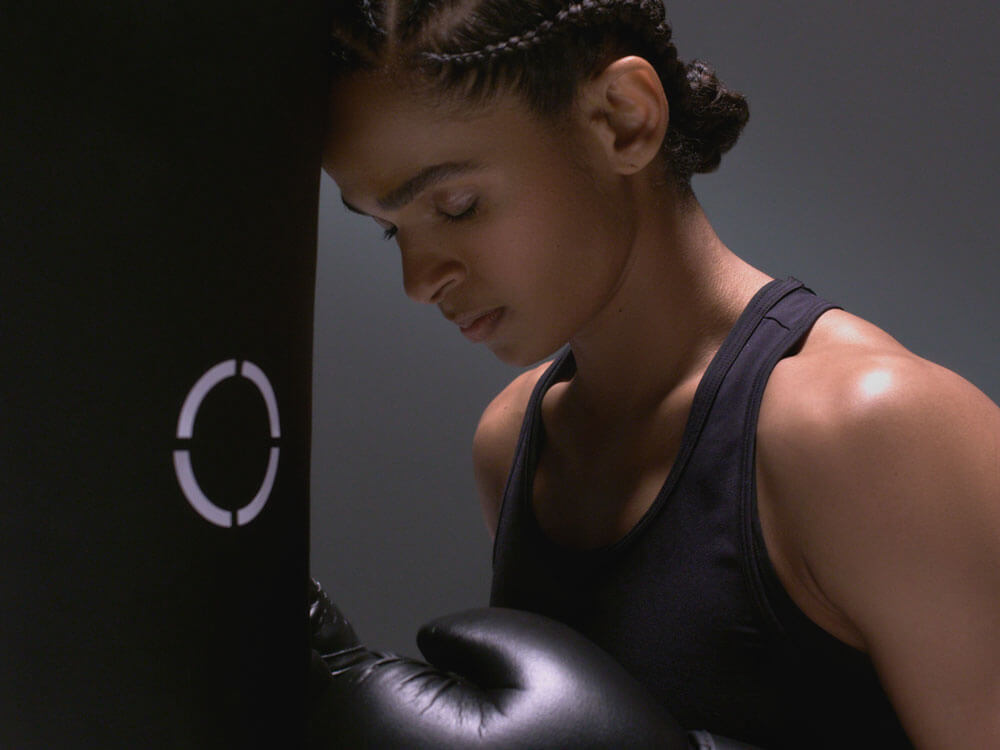
Entrepreneurial ventures in the sports industry often come with unique challenges. What have been the most significant obstacles you’ve faced in growing your initiatives, and how have you overcome them?
“Creating and executing the idea is the easy bit. Raising funding is always the hardest. We’ve been fortunate enough to have some fantastic brands along the way to support our charity, but at first it was a battle. We of course are faced with weekly challenges; our classes are growing faster than we anticipated and are often oversubscribed with ladies asking for more, which is fantastic but also a difficult thing to manage. We also find it hard to capture content and market our classes because 95% of the women we support want to remain anonymous. The challenges we have with funding mean we are unable to provide marketing assets to show our success. Finding both great locations that are accommodating and qualified coaches who are reliable and specialise in certain sports was also a challenge we didn’t anticipate. Myself and my husband, who is my manager, are trustee members of the Ramla Ali Sisters Club UK Charity boards. We have both never taken a salary or an expense from the charity and this can be difficult at times whilst we juggle our regular work, both of which need nurture and attention.”
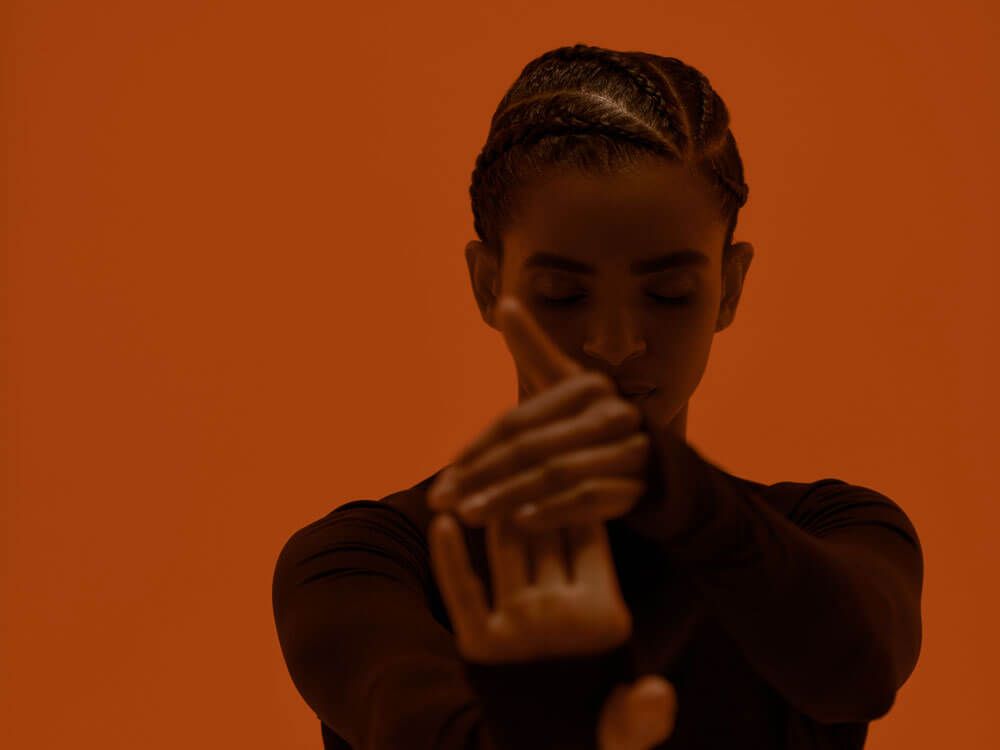
As a leader in both sports and charitable endeavours, what qualities do you believe are essential for emerging female leaders to succeed in these fields, and how can they be cultivated?
“Selfness is probably a defining quality and I wouldn’t say it’s a character trait found in a lot of athletes. To be an elite athlete you have to be selfish a lot of the time, so they don’t always go hand in hand. What I found as well, which is a shame, is that generally female athletes are often less supportive of other female athletes in comparison to men. I would say this is a huge factor in what’s holding us back. We need more forums, more unions, more select committees which are female lead and working together to create systemic change across broadcast time, brand and marketing equality, pay disparity.”
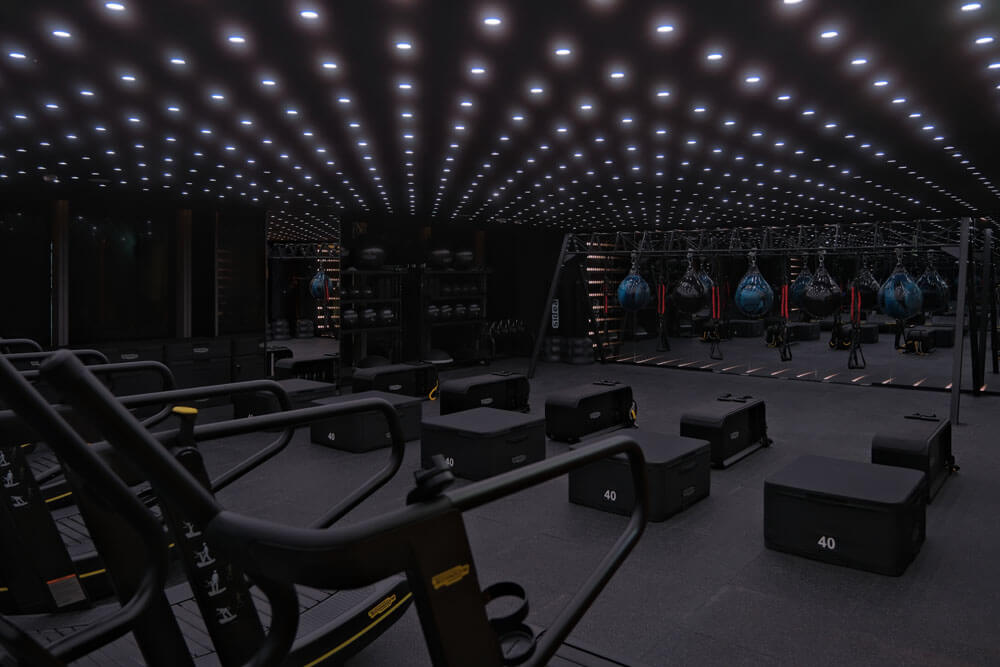
Your work with SIRO focuses on enhancing the guest experience through athletic insight. How do you plan to contribute to the development of programs and experiences at SIRO, and what impact do you hope these will have on the guests?
“SIRO is a truly unique place – unlike any other hotel I’ve ever stayed in or worked with. You get to experience the full spectrum of the life of an athlete from the training facilities which are unmatched to the recovery centre and treatment rooms. Every little detail of thought and expertise has gone into the delivery of the guest experience. My plan and hope is support the athletic programs further through more sports led classes for its guests, panel talks in which guest can interact with elite athletes and my ambition is to hopefully launch a Sisters Club partnership with the hotel which will allow for local Emirati women to also experience the charities work and bring that community together whilst enjoying the facilities of SIRO.”

Being a role model for young girls, especially in traditionally male-dominated sports, is a significant responsibility. How do you approach this role, and what message do you hope to convey to the next generation of female athletes and leaders?
“I’m very conscious of this. It’s what leads my decisions on the brands I work with, what I say in a public forum and the types of people I interact with. I’m always aware of young girls and how impressionable they can be, so I make sure this is at the forefront of everything. I hope what people see in me is that the journey is as important if not more than the end result. We live in a society now which wants everything today, experiences, results, everything. My journey has been a long one. It’s a life of many rejections, many failures along with many successes. I want to be a representative and example of that ruthless refusal to quit.”
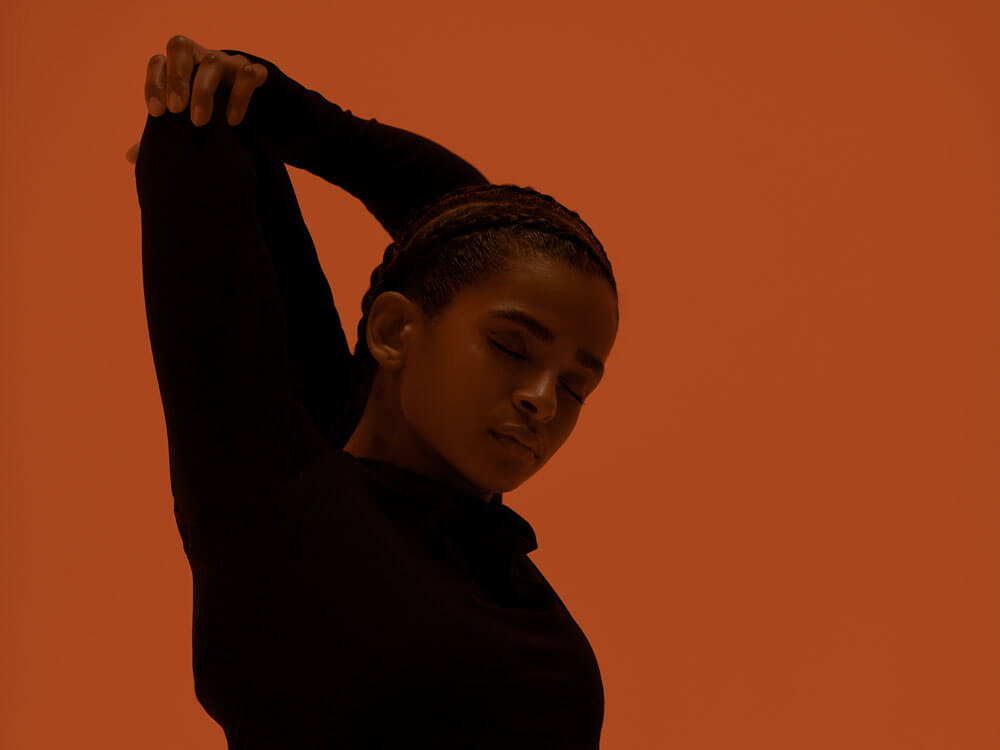
In your opinion, what are the key factors that distinguish a successful leader in the sports industry from others, and how do these factors align with your own leadership style and approach?
“A successful leader is someone who can not just understand the broader picture and plan but be able to take a step back and utilise the great teams around them to help execute this. You can’t do everything on your own and finding the right partners is what will support a greater legacy in leadership.”
Looking ahead, what are your future plans both in the realm of boxing and your philanthropic work? Are there any new projects or initiatives on the horizon that you’re particularly excited about?
“I was the first female to ever fight in the Kingdom of Saudi Arabia which I’m immensely proud of but it’s been an even bigger ambition of mine to compete professionally in Africa. Something I’m yet to do. Aside from this I’m currently an executive producer on a biopic movie about my life with my husband Richard entitled In The Shadows which has been seven years in development and we finally finished filming with BAFTA winning actress Jasmine Jobson playing myself. This has taken up most of my summer and autumn in 2024. With regards to my charity work I’m hoping to partner with UNICEF once again on a trip across either East Africa or the Middle East. Expand The Sisters Club into MENA and continue to raise awareness towards important issues of mine such as child protection and the rights of refugees. With regards to SIRO, I am looking forward to working with the team on the forthcoming launch of their second property and first in Europe, SIRO Boka Place in Montenegro which opens in Spring 2025.”



